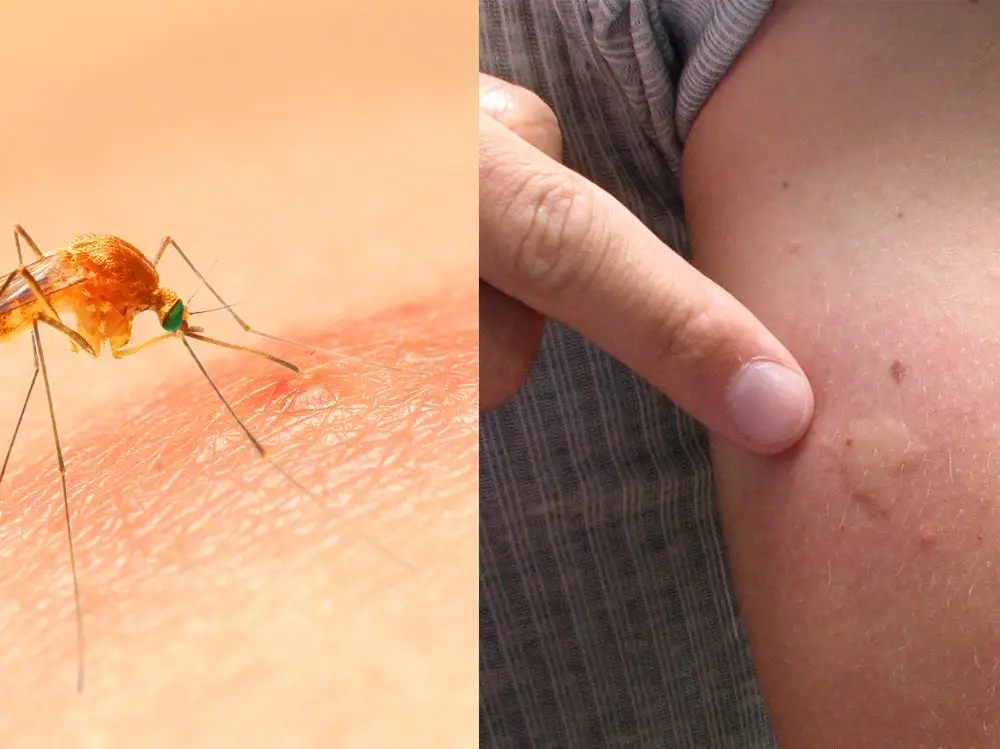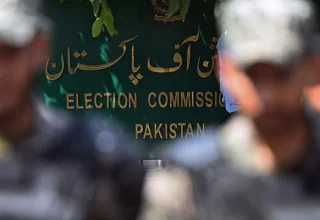
KARACHI, Sep 15(ABC): A surge in dengue cases following the heavy rains this monsoon seasons has overwhelmed hospitals in the metropolitan city as the buzz of mosquitos has become a sound of terror for citizens.
Alarmingly, 75 per cent of patients visiting hospitals for medical consultation for fever, body aches, pain and rashes are diagnosed with dengue hemorrhagic fever.
According to the Sindh Health Department, 3,667 dengue cases have been reported across the province so far this year. Of them, 3,273 have been in Karachi alone. September has been of particular concern as 1,066 cases of the vector-borne disease have emerged in the first two weeks of this month, at least 115 of them on Tuesday.
Further breakdown shows East District has been the worst hit with 1,319 cases, followed by Central District with 780 cases, Korangi District with 181 cases, South District with 623 cases, West District with 99 cases, Malir District with 147 cases, and Keamari district with 124 cases. The deadly fever has claimed nine lives in Karachi so far this year – six of them in East District.
Platelets shortage
The platelets count in dengue fever drops because the blood cells are affected by the virus that causes platelet damage. Platelet transfusions are given to patients to prevent hemorrhagic complications. But the quantum jump in the dengue positive cases across Sindh, particularly in Karachi, has created acute shortage of platelets which is giving jitters to hospitals.
Sources said that the type of dengue virus strain prevalent in the city this year requires mega platelets for treatment because manual platelets are not effective. There is crisis situation in the city, but the government has not formulated any strategy to deal with it. Blood banks have appealed for donations so that platelets could be extracted to meet the increasing demand of these vital blood cells.
What caused the dengue spike?
The heavy and prolonged monsoon rains took a heavy toll on the city’s drainage and sewerage system which collapsed, inundating streets, roads and entire neighborhoods with stinking sewage-mixed slush and turning them into breeding grounds for mosquitos, according to health experts. These mosquitoes are now spreading different diseases in the city, dengue and malaria in particular.
According to residents, municipal authorities have done nothing to fumigate breeding grounds of mosquitoes or to spray insecticides in the city’s most vulnerable areas to control mosquito population. Now, Karachiites have started doing whatever they can do to protect themselves against these disease carriers.
A survey by The Express Tribune shows that mosquito nets and insect repellants are in high demand which, in turn, have led to their shortage in the market. Those dealers who have the nets in stocks are selling them at an exorbitant price. A six-foot mosquito net, which was earlier available for Rs700, is now selling for Rs1,400.
Medicine shortage?
The massive increase in waterborne and mosquito-borne diseases has also resulted in a huge demand for OTC pain and fever relievers, Panadol in particular. A 20-strip box of Panadol was earlier selling for Rs340. But now it has virtually disappeared from medical stores in the city, while those who still have Panadol in their stocks are selling the same box for Rs700.
Dengue vs coronavirus
The novel coronavirus cases have drastically dropped across the world with the WHO saying that the end of the global pandemic is near. In Pakistan too, the dreaded viral disease is on the wane. While the coronavirus largely spared young children, dengue afflicts people of all ages without any exception.
Health experts say there is a huge difference between dengue and Covid-19, the disease caused by the novel coronavirus. “Covid-19 becomes deadly when the body’s immune system becomes overactive, while dengue becomes lethal when platelets count drops drastically,” one health practitioner explained to The Express Tribune.
He further explained that platelets are the smallest component of our blood that control bleeding. “They cluster together to form a clot and prevent bleeding at the site of an injury,” he added. In dengue hemorrhagic fever, when the platelets count goes down, our immune system cannot control the situation and the risk of internal bleeding increases.
The incubation period of dengue is shorter than that of Covid-19. Symptoms of Covid-19 start appearing within 14 days of being infected by the novel coronavirus, while for dengue this time period is three to seven days. One of the reasons both dengue and Covid-19 cause body aches is because the immune system becomes active against the virus when the foreign invader spreads.

























